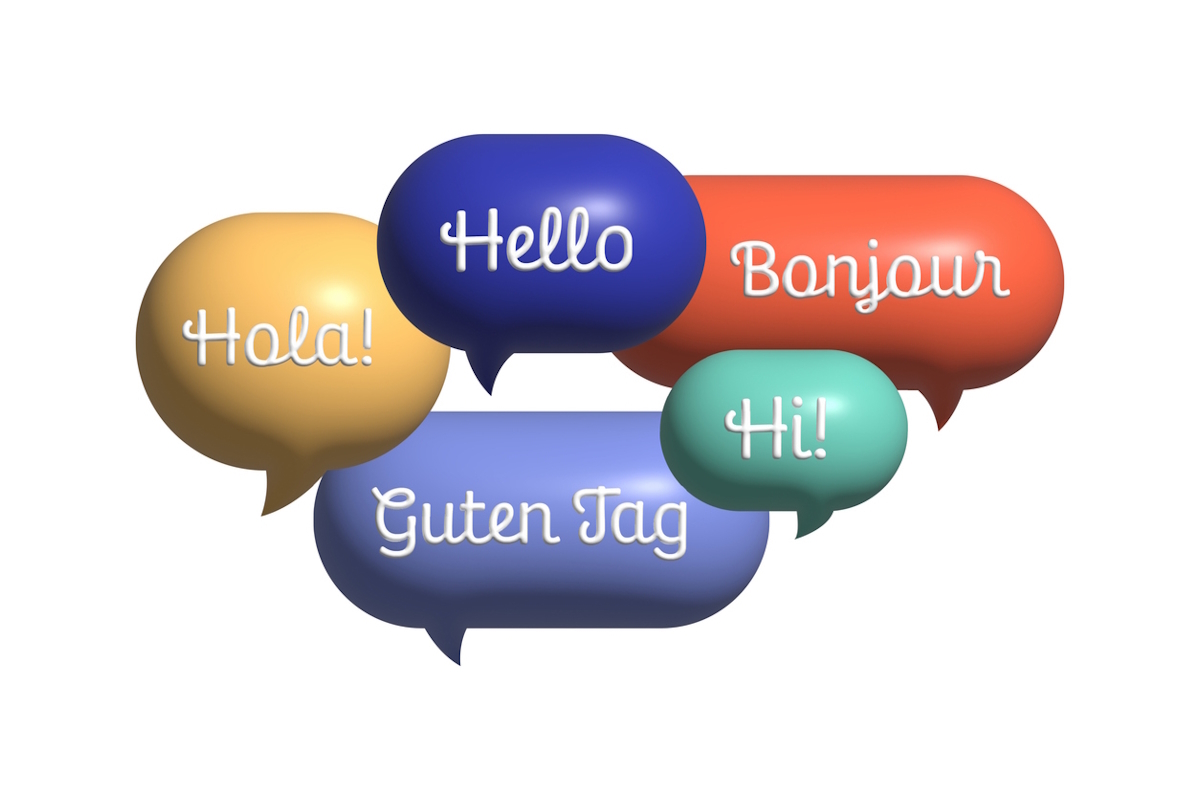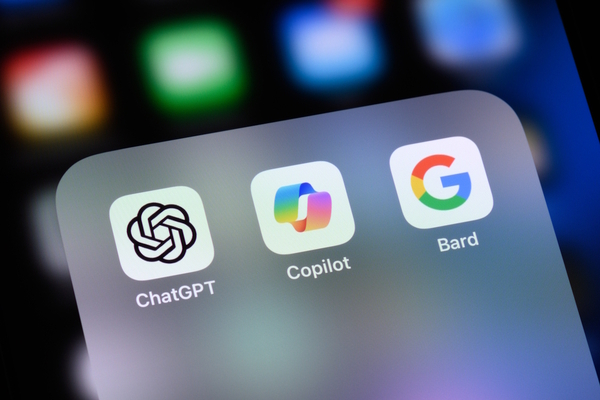Embracing linguistic diversity in today’s workforce

Laura Maffucci at Globalization Partners explains how multinational organisations can unlock global success with linguistic diversity
Embracing linguistic diversity is imperative in today’s increasingly globalised workforce.
While English is considered the current global lingua franca for business, employers that acknowledge the variety of languages and communication styles within a society and ensure an inclusive experience for all employees, regardless of native language, will be the ones that thrive.
As multinational companies navigate global teams, understanding and accommodating linguistic diversity in the workplace is crucial for effective communication and productivity.
So, how can companies promote greater linguistic diversity to enhance productivity and business outcomes across teams, and adopt a real global mindset?
Bridging the communication gap
A global mindset is essential for businesses seeking growth. Research from G-P shows that despite pressures of economic uncertainty and talent shortages, a majority of C-suite leaders (73%) are prioritising growth and are increasingly looking beyond borders to access the best talent, with 81% already actively engaged in global recruitment.
However, nearly half of employees (49%) question their company’s readiness for global expansion, citing concerns about effective cross-border collaboration. There’s a clear disparity between those who value cross-cultural communication, with over half (51%) of employees valuing it compared to only one in three (36%) executives who do.
Cross-cultural communication and linguistic diversity are interconnected concepts that require an understanding of language diversity and cultural differences to foster effective communication and collaboration across diverse cultural contexts. They’re vital for successfully managing globally distributed teams, facilitating clear communication, alignment on goals, and fostering transparency and trust.
Removing linguistic divides for business success
Addressing linguistic barriers is crucial for promoting collaboration among multicultural teams, as research suggests that diverse teams are more adept at tackling complex problems and driving business success. However, the dominance of certain languages, such as English, can marginalise employees whose native language differs, and hinder access to a diverse global talent pool, thereby limiting innovation and growth for businesses.
Multinational companies can overcome these challenges by implementing targeted strategies to foster inclusivity and harness the benefits of linguistic diversity. These could include:
Provide language training. Provide language training opportunities for employees to learn easier ways to communicate, particularly in a professional environment. For example, non-native speakers might want to upskill in English, but equally, English speakers might want to learn an additional language to communicate better with their colleagues overseas.
Discourage jargon. Encourage employees to avoid using complicated and unnecessary jargon, particularly in company-wide materials. Using clear and straightforward language ensures that messages are easily translated and understood by all team members, regardless of their native language.
Respect cultural diversity. Facilitate cross-cultural interactions through team-building activities or global exchange programs to break down barriers among employees from different cultural backgrounds. Fostering mutual understanding and respect for cultural differences can help reduce cultural clashes and promote a harmonious work environment.
By adopting these proactive measures, organisations can enhance cross-cultural collaboration, leverage diverse perspectives for innovation and position themselves as magnets for top talent. Ultimately, these strategies lay the groundwork for an inclusive workplace, heightened employee satisfaction and sustainable business growth.
Enriching organisations
It’s clear linguistic diversity enriches organisations by fostering varied perspectives, ways of thinking, and creative problem-solving approaches. It should be seen not only as a nice-to-have but as a valuable asset that enhances employee experience, improves workforce productivity and outcomes and better positions organisations to thrive in the global business landscape.
Laura Maffucci is Head of HR at Globalization Partners
Main image courtesy of iStockPhoto.com and cnythzl

Business Reporter Team
Related Articles
Most Viewed
Winston House, 3rd Floor, Units 306-309, 2-4 Dollis Park, London, N3 1HF
23-29 Hendon Lane, London, N3 1RT
020 8349 4363
© 2024, Lyonsdown Limited. Business Reporter® is a registered trademark of Lyonsdown Ltd. VAT registration number: 830519543





